Blogs & News
We are focus on automotive wiring harness & connectors technology.
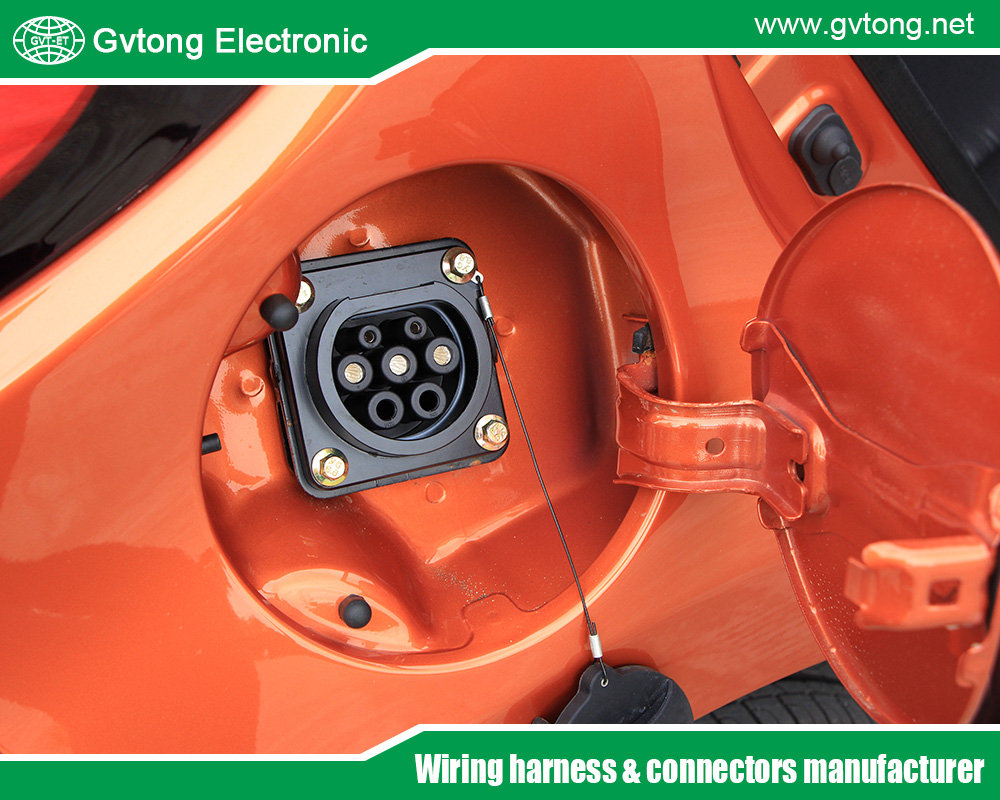
What Should You Pay Attention to When Purchasing Electrical Connectors?
- Gvtong Electronic
- 2 pin waterproof electrical connector, 2 Pin Way Car Waterproof Electrical Connector, 4-wire electrical connectors, automotive antenna connector, automotive coaxial connector, automotive data connector, automotive diagnostic connector, automotive electrical connector, automotive electrical connector manufacturers, automotive electrical connector suppliers in thailand, automotive electrical connector types chart, Automotive electrical connectors, automotive electrical connectors kit, Automotive Electrical Connectors Manufacturer In Thailand, Automotive Electrical Connectors Thailand, Automotive electrical connectors types, automotive electrical connectors waterproof, automotive high - frequency, automotive hybrid connector, automotive optical fiber connector, automotive power distribution, automotive vibration - resistant, automotive waterproof connectors, automotive waterproof electrical connectors, best automotive electrical connector suppliers in thailand, China Automotive Electrical Connectors Manufacturers, electrical connector, electrical connector aviation connectors, electrical connector campany, electrical connector factory, electrical connector manufacturer, electrical connector supplier, electrical connectors
- No Comments
What Should You Pay Attention to When Purchasing Electrical Connectors?
Electrical connectors are the unsung heroes of modern technology, enabling seamless communication and power transfer in everything from smartphones to industrial machinery. However, choosing the right connector is no small task—selecting the wrong one can lead to system failures, costly downtime, or even safety hazards. With countless types, specifications, and brands available, buyers must navigate a complex landscape to make informed decisions. This article explores the critical factors to consider when purchasing electrical connectors, including technical specifications, environmental conditions, application requirements, and cost considerations. Whether you’re a hobbyist, engineer, or procurement specialist, understanding these factors will help you select connectors that ensure reliability, performance, and longevity.
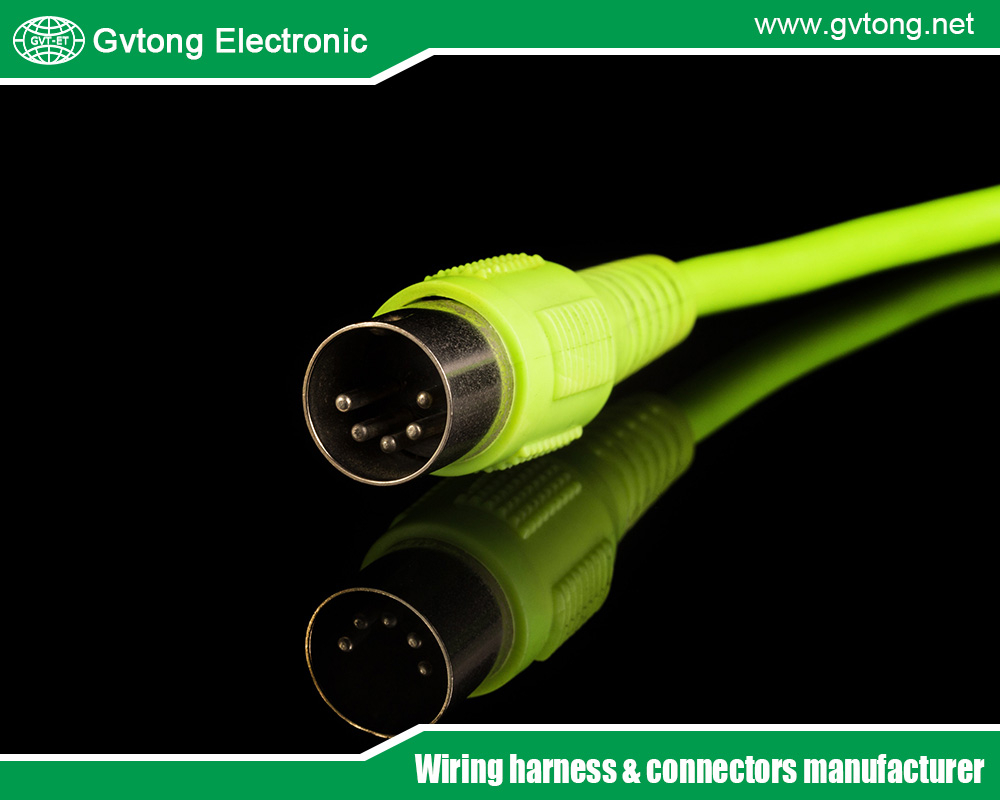
Understand Your Application Requirements
The first step in choosing an electrical connector is defining the specific requirements of your application. Connectors vary widely in design and function, so clarity about your needs is essential.
1. Signal, Power, or Data Transmission
Determine whether the connector will transmit power, signals, or data. Power connectors, like those in industrial machinery, must handle high voltage and current, requiring robust materials and secure locking mechanisms. Signal connectors, such as those in audio equipment, prioritize low resistance and noise reduction. Data connectors, like USB or Ethernet, need high-speed capabilities and shielding to prevent interference.
Example: A USB-C connector for a laptop must support both power delivery (up to 100W) and high-speed data transfer (up to 40 Gbps for Thunderbolt 4). Choosing a substandard connector could limit charging speed or data throughput.
2. Current and Voltage Ratings
Check the connector’s current and voltage ratings to ensure they match your application. Overloading a connector can cause overheating or failure. For instance, automotive connectors often operate at 12V, while industrial systems may require connectors rated for 600V or higher.
3. Connector Type and Configuration
Consider the connector type (e.g., circular, rectangular, coaxial) and pin configuration. Circular connectors are common in harsh environments due to their durability, while rectangular connectors are ideal for high-density applications like rack-mounted servers.
Tip: Create a checklist of your application’s electrical and mechanical requirements before browsing catalogs to narrow down options.
Evaluate Environmental Conditions
Connectors must withstand the environmental conditions of their operating environment. Ignoring this can lead to corrosion, insulation breakdown, or mechanical failure.
1. Temperature and Humidity
High temperatures can degrade plastic housings or cause thermal expansion, loosening connections. Low temperatures may make materials brittle. For example, connectors in aerospace applications must function at -55°C to 125°C. Similarly, high humidity can cause corrosion, especially in marine environments.
Example: IP68-rated connectors are sealed against dust and water, making them ideal for outdoor or underwater applications.
2. Vibration and Shock
In automotive or aerospace applications, connectors face constant vibration or sudden shocks. Connectors with locking mechanisms or ruggedized designs (e.g., MIL-SPEC connectors) are essential to prevent disconnection.
3. Chemical Exposure
Connectors in industrial settings may be exposed to oils, solvents, or corrosive gases. Choose connectors with resistant materials, such as stainless steel or specialized polymers, to ensure longevity.
Tip: Look for connectors with ingress protection (IP) ratings or industry certifications (e.g., UL, IEC) that match your environmental needs.
Material and Build Quality
The materials used in a connector significantly impact its performance, durability, and cost.
1. Contact Materials
Connector contacts are typically made of copper, brass, or gold-plated alloys. Gold plating reduces corrosion and improves conductivity but increases cost. For budget applications, tin-plated contacts may suffice, though they’re less durable in humid conditions.
2. Housing Materials
Connector housings can be plastic, metal, or hybrid. Plastic housings are lightweight and cost-effective but less durable in extreme conditions. Metal housings, like aluminum or stainless steel, offer superior strength and EMI shielding, ideal for RF applications.
3. Durability and Mating Cycles
Check the connector’s mating cycle rating, which indicates how many times it can be connected and disconnected before wear occurs. Consumer-grade connectors may support 500 cycles, while industrial connectors can handle 10,000 or more.
Tip: Request material datasheets from manufacturers to verify specifications like corrosion resistance or temperature tolerance.
Compatibility and Standards
Ensuring compatibility with existing systems and adherence to industry standards is critical.
1. Physical Compatibility
Verify that the connector’s size, shape, and pin layout match your equipment. Mismatched connectors can lead to poor connections or damage. For example, a Micro-USB connector won’t fit a USB-C port without an adapter.
2. Industry Standards
Choose connectors that comply with relevant standards, such as IEC, MIL-SPEC, or USB-IF. These standards ensure interoperability and safety. For instance, automotive connectors often follow ISO 16750 for environmental testing.
3. Backward Compatibility
In evolving technologies like USB or HDMI, ensure the connector supports backward compatibility if needed. A USB 3.0 connector should work with USB 2.0 devices, albeit at reduced speeds.
Tip: Consult with your equipment manufacturer or supplier to confirm compatibility before purchasing.
Cost vs. Performance Trade-Offs
Balancing cost and performance is a key consideration, especially for large-scale projects.
1. Budget Constraints
High-performance connectors (e.g., gold-plated, MIL-SPEC) are expensive but offer superior reliability. For non-critical applications, cost-effective alternatives may suffice without compromising safety.
2. Total Cost of Ownership
Consider long-term costs, including maintenance, replacements, and downtime. A cheap connector that fails quickly may cost more over time than a premium one with a longer lifespan.
3. Bulk Purchasing
For industrial or commercial projects, buying connectors in bulk can reduce costs. However, ensure the supplier maintains consistent quality across batches.
Tip: Request samples from suppliers to test performance before committing to a large order.
Supplier Reliability and Support
The supplier’s reputation and support services can make or break your experience.
1. Reputable Manufacturers
Choose connectors from trusted brands like TE Connectivity, Amphenol, or Molex, known for quality and innovation. Avoid unverified suppliers offering suspiciously cheap products.
2. Technical Support
Suppliers should provide technical documentation, such as datasheets and application notes, to aid selection. Responsive customer support is crucial for troubleshooting or custom orders.
3. Warranty and Certifications
Check for warranties and certifications like RoHS (for environmental compliance) or ISO 9001 (for quality management). These indicate a commitment to reliability.
Tip: Use platforms like DigiKey or Mouser to compare suppliers and read user reviews.
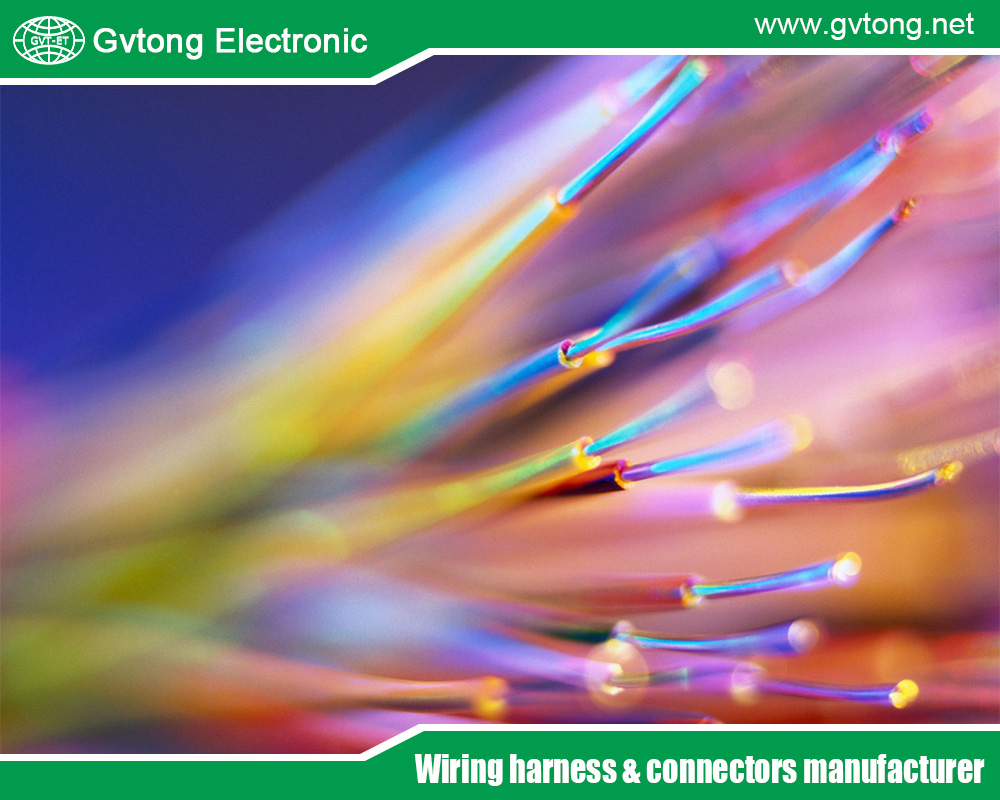
Conclusion
Purchasing electrical connectors requires careful consideration of application requirements, environmental conditions, material quality, compatibility, cost, and supplier reliability. By defining your needs upfront and evaluating connectors against these criteria, you can avoid common pitfalls like system failures or premature wear. Whether you’re building a consumer gadget or a heavy-duty industrial system, the right connector ensures optimal performance and safety. Take the time to research, test samples, and consult with suppliers to make an informed choice. With the right approach, your connectors will be a reliable backbone for your project, delivering power, data, or signals exactly where they’re needed.
For more about what should you pay attention to when purchasing electrical connectors, you can pay a visit to Gvtong at https://www.gvtong.net/ for more info.
Recent Posts
How to Diagnose and Repair Automotive Signal Connector Failures
How to Install and Maintain Low Pressure Automotive Connectors
Heat Shrink vs. Crimp: Choosing the Right 12V Car Wire Connector
Best 12V Automotive Wire Connectors for Reliable Electrical Connections
Tags
Recommended Products
-
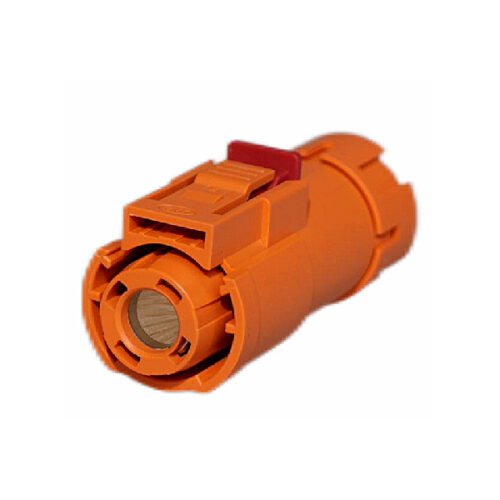
GH800 Series-1-core plastic high voltage connector
-
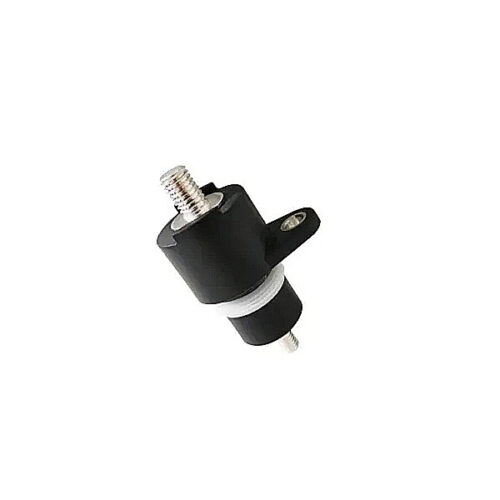
DCDC wall-through terminal-double-headed thread
-
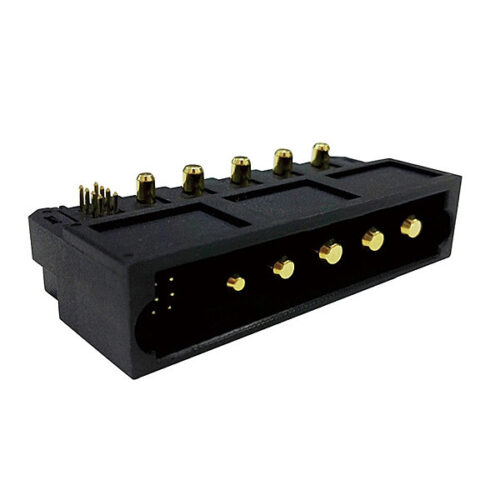
13-core power connector
-
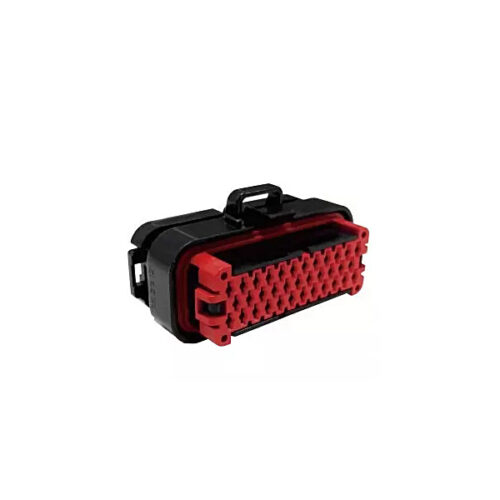
Signal connector – waterproof, three rows, 35 cores
-
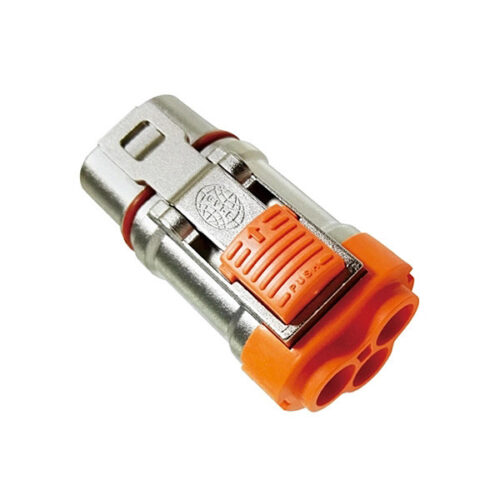
Metal connector-3.6mm-2 core
-
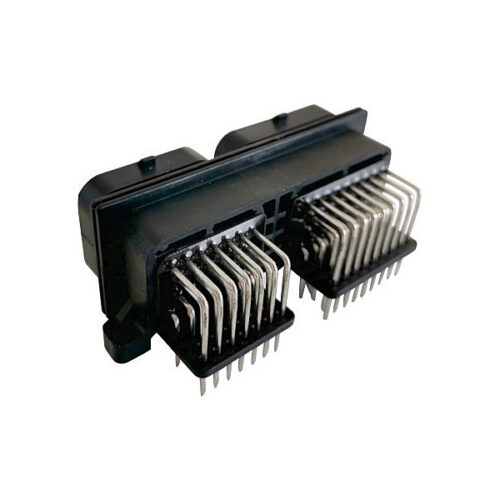
Combination connector-60 core (34+26) socket
-
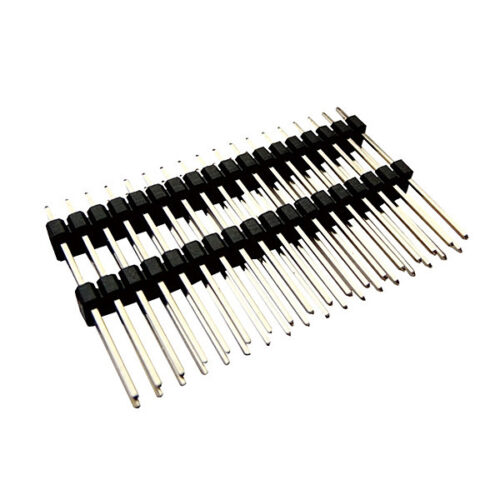
Pin header and female header
-
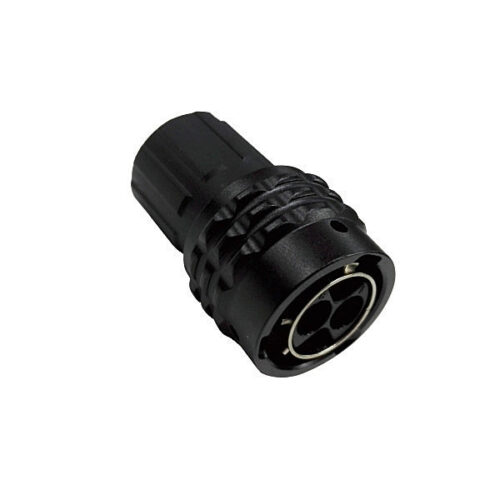
Signal connector-2 core-12#
